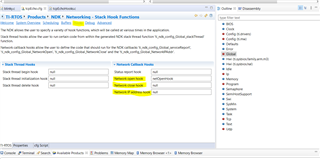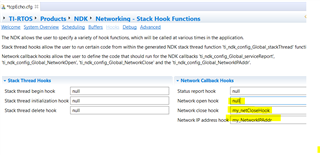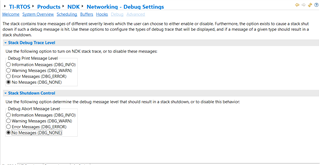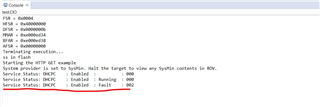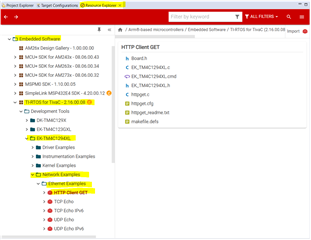Hello TI,
I'm working on a system which is connected to the server using HTTP. The system works on TIRTOS. I have configured a netIPAddrHook(), which is the callback function when an IP binding is added. After POR if the network is connected it works perfectly, goes to the callback and establishes connection. But if I wait for around 15 minutes to connect the network after a POR, the callback wont be execute. and it cannot establish connection to the network. I strongly suspect it is the issue with the hook function. Does any of you have any idea on this?
Thankyou in advance.


